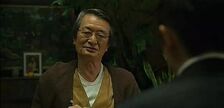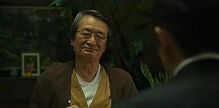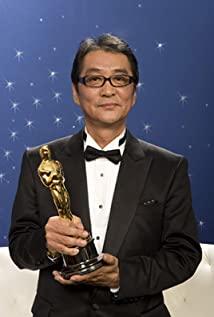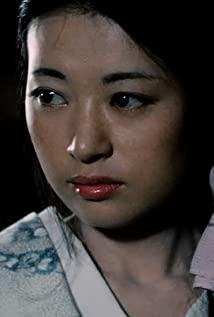The film views and understands life and death from the perspective of an mortuary, which makes people feel a little warm in the cold. The movie begins with quiet and gentle music, and Kobayashi is a cellist with his own musical dreams. But after the band disbanded, he was unemployed, and in order to survive, he chose to accept the job while hiding from his wife. He began to be very confused about his own life and didn't know where to go? There is a scene in the movie where he is on the bridge watching the salmon under the bridge, some are trying their best to swim upstream, while others are washed down by the dead. He didn't understand why he struggled even when he knew he was dead? Later, the old man told him that it was to return to the place where he was born. The cycle of life and death is actually not the end of death, the meaning of life is to continue.
The music of the movie is very touching, euphemistic and warm, witty and vivid, which well coaxes the development of the plot and the changes of the protagonist's feelings. I like the memory most, the tune played by the cello makes me cry.
The ending of the story is beautiful, Dawu chose warmth over indifference, tolerance over rejection, and love over hate.
Life always ends, please cherish every moment of life and everyone who appears in our life.
View more about Departures reviews











